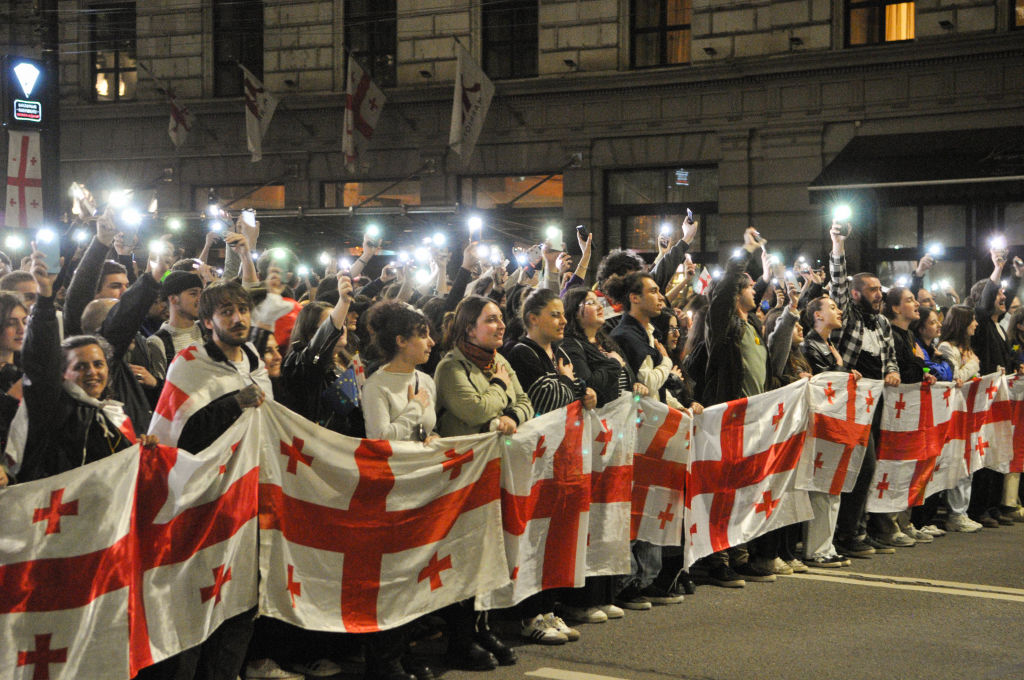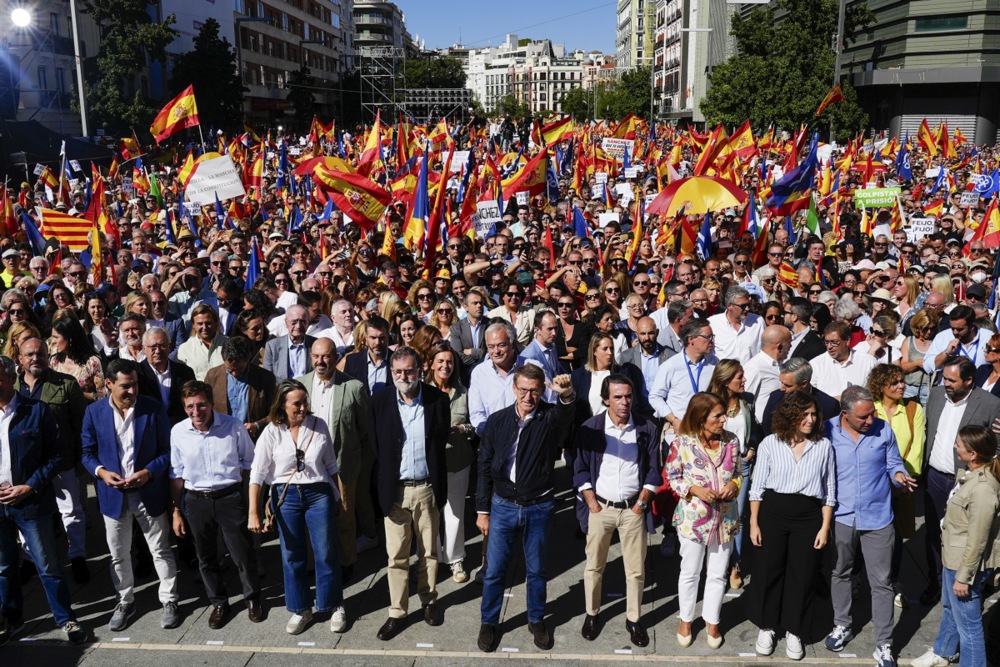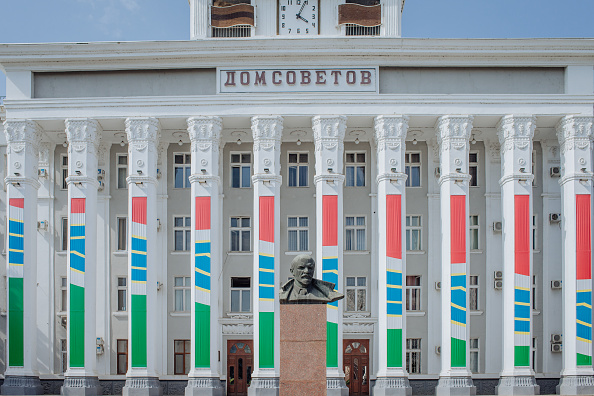The criticism now being directed against the Georgian government seems too good to be true — which is to say, too good to be real.
It is too orchestrated, too ideological, too much virtue-signalling. The criticism follows the adoption of national legislation on the transparency of foreign actors in Georgia. All the legislation asks is that non-governmental organisations (NGOs) are obliged to declare foreign funds they receive if the funds represent more than 20% of their budget.
In any other country, where such legislation is common, this is called transparency. But in Brussels, the Commission calls it a “pro-Russian” move that calls into question Georgia’s candidate status for entry into the EU.
Behind orchestrated buzzwords and incensed approximations, we are witnessing a well-known cocktail of ideology, double standards and virtue signalling to intimidate a government which thinks and acts off the beaten consensual tracks.
Nothing new, some might say, but definitely suspicious.
Suspicious in the first place because calling “pro-Russian” the government of a country where 20% of the territory is occupied since 2008 by Russia, precisely, is nothing short of infamous.
Georgia knows far too well what the is the price of not being “pro-Russian” enough.
Moreover, since the fall of the Soviet Union, Georgia’s geopolitical agenda has been based on one leitmotiv: to escape Russia’s sphere of influence with a resolutely pro-Western agenda.
Would any of the current barking dogs call the Zelensky government “pro-Russia” if it decided to pass a law that exists in many other countries, including Russia? It would be obscene, and so it is in the case of Georgia.
Suspicious, because this so-called “Russian law” could also be labelled “American.” The US Congress passed similar legislation on foreign agents as early as 1938.
Or “French”, as the République just adopted on 5th June a legislation that much resembles the Georgian bill but went totally unnoticed while the French Government joins the choir against Tbilissi.
Or even, “European” as the Commission tabled a proposal on “transparency of interest representation carried out on behalf of third countries” in December 2023.
According to the Commission, “when presented transparently, ideas from third countries can contribute positively to public debate […]. However, when carried out covertly, interest representation on behalf of third countries is prone to being use as a channel for interference in Union democracies.”
More: “by shaping public opinion, this is turn can influence political choices to the detriment of the political life […]” and that is why “the European Parliament and the Council have underlined the importance of addressing the threat to democracy posed by foreign interference.”
Fair enough, but why can’t the Georgian government reach exactly those same goals? Does the quest of transparency depends on the ideology and geographical location of the government pursuing it?
Suspicious, also, because the Georgian legislation seems to hit a nerve: the sacrosanct nature of “civil society” among Western elites.
For good or for bad, non-governmental organisations are a fully-fledged part of the decision-making process in our democracies and international organisations.
Precisely for that reason, and especially if they are in close ties with foreign public or private players, they must be subject to high standards of public scrutiny, accountability and transparency.
Is there an unspoken NGO privilege, a kind of political or legal immunity that should prevent those organisations from being held accountable, declare foreign funding or openly display their donors?
Why should NGOs call for high levels of transparency yet be exempted from the rules they are keen to push on governments? The recent precedent of the Qatargate — an ongoing political scandal at the European Parliament — and its flow of dollars channelled through an “NGO” cynically named “Fighting impunity” should invite the EU to be warier in that matter.
The recent news that big tech companies are literally flooding the think tank of the ALDE party, even more so.
According to the Georgian legislation, NGOs are obliged to declared foreign funds they receive if they represent more than 20% of their budget and are subject to an administrative fine if they fail to do so.
Does anyone seriously think this constitute a threat to democracy, an infringement of European values or any other grandiloquent slogan? Is this a reason to unanimously question Georgia’s hard-fought candidate status and turn an enlargement path that barely begins into a political blackmail?
This vocal consensus is all the more unsettling because it is hypocritical.
Indeed, while the EU threatens Georgia, it remains suspiciously silent when the Slovenian government raids TV stations.
It remains silent when the Spanish Premier launches a fierce campaign against the judiciary and the press because his wife is investigated on grounds of corruption.
In the shadow of vague notions like “European values,” “democratic principles,” or the “rule of law, too many European leaders seem ardently to embrace some fights while cynically disregarding others.
And they do so trampling over the basic diplomatic practice and interfering in national politics, like the German Minister for Foreign Affairs blithely did in another embarrassing and mawkish move, accusing the Georgian government of blocking the “European dream” of their citizens.
We cannot ignore that thousands of Georgian citizens firmly rejected this legislation for the second time, that the Georgian President vetoed it and that its adoption is controversial.
Nevertheless, is this enough to turn it into an unanimous European political blackmail and childishly turning the whole matter into a binary pro or anti Russia mantra? Clearly not, because first and foremost it remains a national problem.
Both European and Georgian citizens deserve EU leaders with discernment and restrain and with a clear sense of an idea they have been ignoring for far too long : national sovereignty.





The European institutions proclaim their commitment to the rule of law. The reality is more akin to the rule of flaws. Five more years of this could sound the death knell of the European project